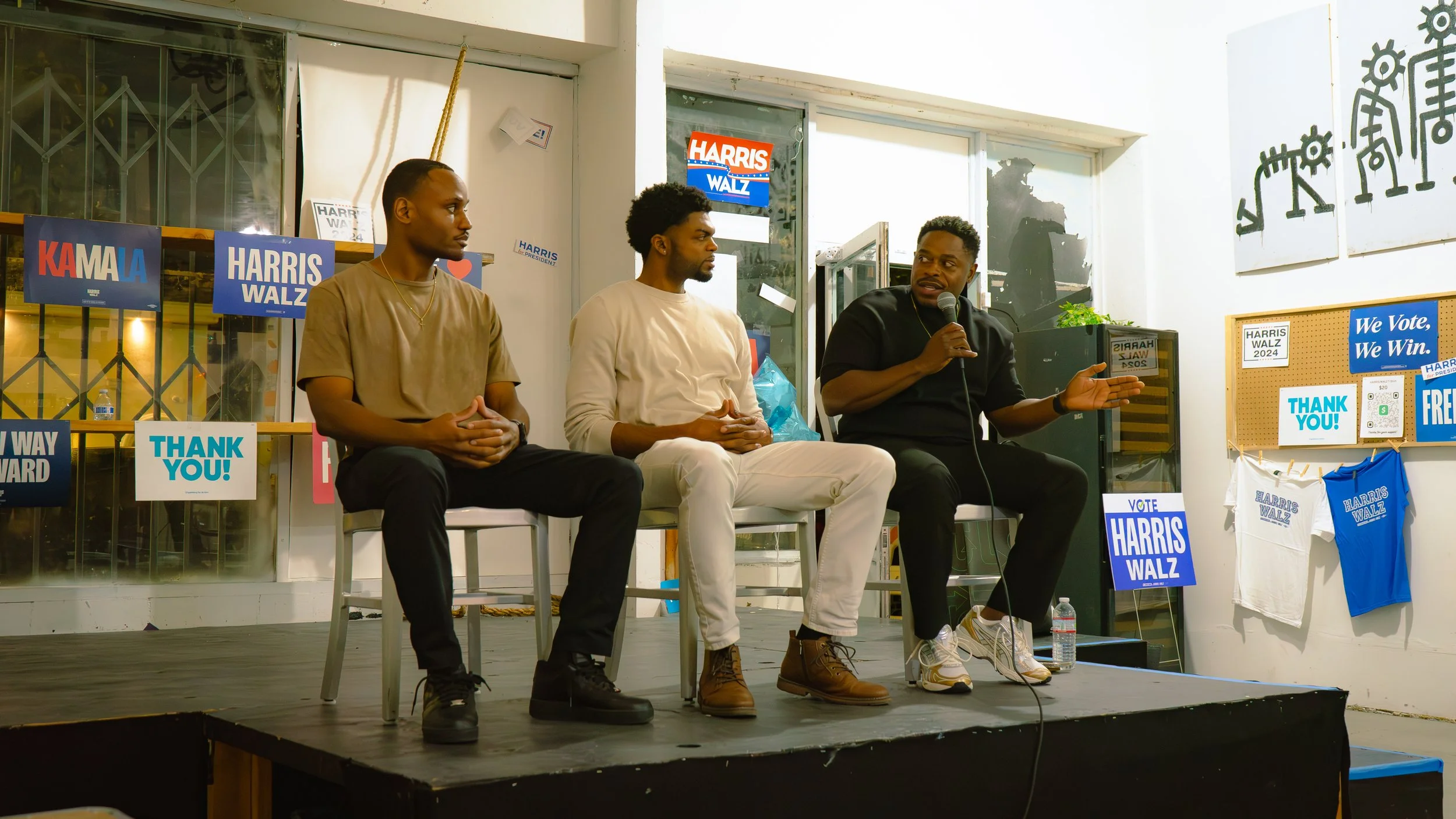The Return To Life Pre-Pandemic: Long-Overdue Or Done Too Soon?
Living in the midst of a pandemic has ultimately become the “new normal”, but as the number of new cases have begun to shrink, a call for the return to life before the pandemic-- the “old normal”-- has become increasingly present. We discuss it here!
By: Cory Utsey
It has been just over a year since the United States has dealt with COVID-19 and its associated adjustments. Among the changes made to lessen the spread of this illness have been mask mandates, lower capacities for businesses and in some cases, complete closures.
Living in the midst of a pandemic has ultimately become the “new normal”, but as the number of new cases have begun to shrink, and as more Americans have begun to receive vaccinations, a call for the return to life before the pandemic-- the “old normal”-- has become increasingly present. Although this call is completely understandable, there is still a chance that it has been made too soon.
According to the CDC, individuals who are fully vaccinated are permitted to engage in activities that were done before the pandemic-- such as small gatherings or eating in a restaurant-- without wearing a mask or maintaining a distance of 6-feet apart, unless these parameters are required by law or by a particular establishment. If fully-vaccinated individuals are exposed to someone who has tested positive for COVID-19, they are not advised to stay away from others or get tested unless they begin to exhibit symptoms.
In the states of New York, Connecticut and New Jersey, many of the capacity limits in places such as hair salons, museums and movie theaters have been lifted as of May 19. In other states, such as Texas and Louisiana, statewide mask mandates have been lifted for most public establishments. And in the state of California, Governor Gavin Newsom is pushing for all schools to reopen for the fall.
Many people, including lawmakers, are fed up with COVID-19, and this is understandably so. Students are tired of logging onto virtual classrooms, businesses who have operated at lower capacities do not want to risk foreclosure, and people who once frequented parties and concerts miss that thrill. Adjusting to life in a pandemic has been far from easy, and many people want nothing more than to return to life as it was prior to March of 2020.
At the same time, though, to say that life pre-pandemic would function well in the current state of affairs would ignore a few key issues.
COVID-19 is no longer rising in the way that it was months ago, but it has not magically gone away. People are still contracting and dying from the illness, and for some, the symptoms last for months by way of long-term health conditions.
Additionally, there are still many people who are fueled by skepticism, distrust of the medical system or complete disregard for the ramifications of the pandemic; not only do these people continuously live their lives under unsafe conditions by attending large gatherings and refusing to wear a mask, but many of them also refuse to get vaccinated.
USA Facts reports that 48% of the population has received at least one dose of a vaccination, while 38% of the population is fully vaccinated. Many scientists have argued that the idea of “herd immunity” is neither viable nor likely, as it does not necessarily guarantee that populations will be exempt from new infections or variants.
However, when you have lifted restrictions, careless individuals and numbers of vaccinated people that are likely less than desirable, it is hard to really gauge whether or not the United States will fully get over COVID-19 any time soon.
Nevertheless, there is really no substantive way of understanding how each of these factors will influence the rest of the year.
Restrictions and mandates or not, one can only hope that people will prioritize the health and safety of both themselves and their community. Neither the new normal nor the old normal are worth anything without it.
YOU MAY ALSO BE INTERESTED IN:
SHARE TO SOCIAL MEDIA
Rise And Grind: Hustle Culture Is Not The Flex You Think It Is
Rise and grind culture has people subscribed to the idea that complete and total dedication to a specific craft is vital for success, regardless of how unorthodox or unhealthy some of these methods might be. Hustle culture might be a temporary fix in finding fulfillment, but it is not the end-all-be-all solution. We discuss it here!
By: Cory Utsey
There is something about the hustle that many people find enticing.
Regardless of what exactly one’s hustle might be, many have subscribed to the idea that complete and total dedication to a specific craft is vital for success--regardless of how unorthodox or unhealthy some of these methods might be.
“Rise and grind” culture, which is also known as “hustle culture”, often stands at the forefront of this mindset. Defined as the belief that incessant work and work ethic are necessary to succeed, it ultimately implies that basic needs such as sleep, socializing and relaxation come second to one’s work.
The pressure to constantly be involved with some type of work or work-related project is understandable, as we are often conditioned to measure our self-worth and validity on how much we accomplish by tangible means; if an accomplishment cannot be touched or photographed, we are often led to believe that it might as well be nonexistent.
But right now more than ever, there is much to be proud of one’s self for.
Every time that you wake up, get out of bed and push through, you have accomplished something. And even on the days where the simplest of tasks seem impossible, the mere effort to complete them is an accomplishment.
The pandemic, along with many other injustices and inequalities that different communities face, has contributed to a world that is almost completely upside down right now. Therefore, any attempt at functioning in this world is something to be proud of.
Additionally, it is important to remember that you have absolutely nothing to prove to anyone.
People will have their unsolicited opinions, project their insecurities onto you and upkeep ridiculous standards as they please, but this does not mean that you are obligated to prove them right or wrong.
Although we navigate the world with different people at our side and in our vicinity, we do not exist to please these people, nor do the beliefs of these people have any agency over our success. Working to impress them serves virtually no purpose in the long-run.
But even with these factors aside, one must consider that it is nearly impossible to succeed at doing anything when the health of one’s body and mind are kicked to the curb.
Rest is necessary. Relaxation is necessary. Casual socialization is necessary. You cannot expect your brain and body to work for hours on end when you are continuously running on E.
The fact of the matter is that solace, peace and validation can be found outside of tasks that are done for profit. Hustle culture might be a temporary fix in finding fulfillment, but it is not the end-all-be-all solution. Work is necessary for many people to live, but this does not mean that one must live to work.
So revel in all accomplishments, whether big or small. Take a deep breath. Enjoy living.










